Published
- 06:00 am
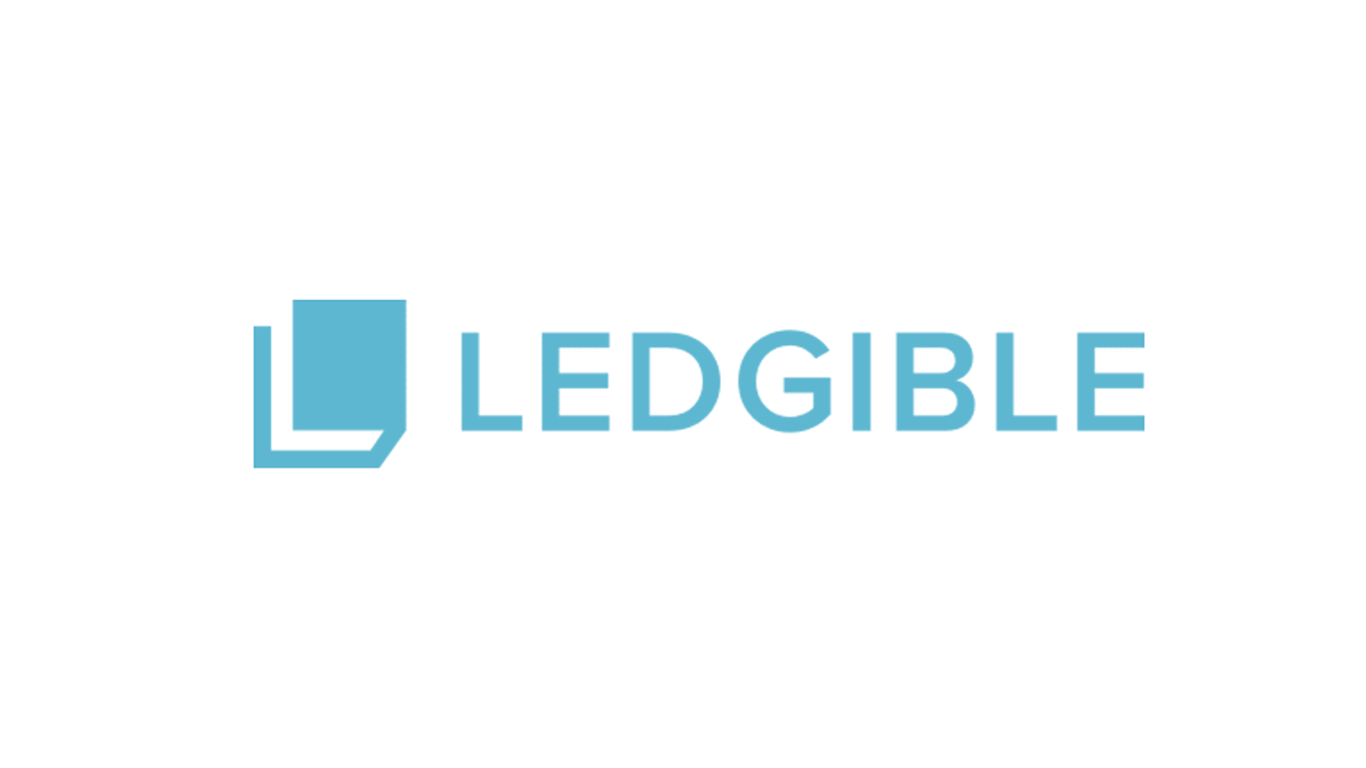
Have you considered owning an NFT or adding NFTs to your inventory, but aren’t sure about the accounting? Procuring a non-fungible token (NFT) may feel daunting enough, and nobody likes complicated taxes. Getting the right guidance on accounting for NFTs is crucial before owning any of these digital assets.
What questions do you have about NFT accounting? We’ve got seven best practices to get you seven notches closer to tracking your non-fungible tokens like a professional.
1. Determine Your NFT’s Asset Classification
You may understand non-fungible tokens as digital coins that signify ownership of specific assets. NFTs can indicate ownership of a wide range of underlying assets, ranging from digital art and music to virtual real estate and domain names. Determining an NFT’s asset class for accounting purposes is frequently based on the specific nature of the underlying asset.
NFT asset classification is necessary because asset classification plays a crucial role in accounting and financial reporting. An accurate classification can be essential to fairly valuing an NFT and understanding the potential implications of owning this type of digital asset.
Check out these accounting best practices for classifying NFT assets:
- Understand the characteristics of the underlying asset
- Review regulatory guidance in the relevant jurisdictions
- Consider the purpose of holding the NFT—as inventory or an investment
- Continually reevaluate the NFT’s asset class designation
2. Assign a Value to Your NFTs
What is an NFT worth? A key part of accounting for NFTs is using a valuation method to assign a dollar amount to each NFT. Here are three methods of NFT valuation:
- Cost-based valuation—valuing an NFT based on what it would cost to recreate the underlying asset
- Income-based valuation—valuing an NFT based on projected future cash flows associated with the underlying asset
- Comparable asset valuation—a valuation method based on sales prices of similar tokenized assets
Many factors can impact the valuation of an NFT, such as:
- Rarity and scarcity of the underlying asset
- Ownership history of the NFT
- Privileges conferred by owning the NFT
- Quality and popularity of the underlying asset
- Market demand for tokenized assets
Valuing NFTs can be particularly challenging due to the unique, non-fungible nature of the asset. Assessing the value of NFTs requires a tailored approach that is customized to individual NFTs.
3. Establish NFT Ownership and Control
What does it mean—for accounting purposes—to own and control an NFT? A business that owns an NFT must report that token as an asset on its balance sheet. Clearly establishing ownership and control of an NFT is fundamental to accurate financial reporting.
Let’s look more closely at NFT ownership and control in the context of accounting:
- Establishing NFT ownership can be crucial to ensure legal and tax compliance
- Not clearly establishing NFT control can result in incorrect revenue recognition or expense matching
- Clear ownership and control procedures for NFTs can ensure that only authorized individuals have access to an NFT
- Clear ownership and control also creates detailed audit trails that can be used to settle disputes
4. Consider the Tax Implications of Owning NFTs
Accounting and taxation are generally inseparable—including for NFTs. Understanding the tax implications of owning NFTs is a major step toward becoming skilled with NFT accounting practices.
Any income or gain derived from an NFT transaction is generally subject to tax, regardless of whether the transaction is a sale or trade. Here are some key best practices to remember, especially if you'd rather avoid a tax or accounting nightmare with NFTs:
- Document all NFT transactions, perhaps by using NFT accounting software from a platform like Ledgible
- Understand capital gains tax, including how it applies in your jurisdiction
- Consider the potential tax implications of NFT gifts or donations
- Pay attention to any tax code changes that may affect NFTs
5. Assess the NFT Regulatory Environment
Another best accounting practice for NFTs is to continually assess the regulatory landscape. Regulations surrounding NFTs are indeed still evolving and may differ significantly across jurisdictions. Many aspects of the regulatory environment—involving intellectual property rights, taxation, consumer protection, and anti-money laundering rules—are perhaps subject to change.
Individuals and organizations can benefit from routinely evaluating the regulatory environment for NFTs. Here are some useful tactics:
- Stay informed about regulatory developments pertinent to NFTs
- Determine what’s needed for your NFT to comply with Know Your Customer (KYC) and Anti-Money Laundering (AML) regulations
- Understand the intellectual property (IP) rights associated with your NFT
- Consider engaging NFT legal experts to ensure ongoing compliance
6. Keep Accurate Records of NFT Transactions
NFT accounting is only as accurate and compliant as the record-keeping that enables it. The importance of accurate accounting for NFTs probably can’t be understated.
Why? That's because high-quality NFT accounting records can help with investment tracking, determining tax liability, and establishing proof of ownership. Credible NFT accounting records can also help to resolve conflicts, plus serve as documentation for audits or legal proceedings.
What are some expert ways to record and manage your NFT transactions? Let’s take a look:
- Document all transactions
- Use only trustworthy NFT platforms
- Independently store your proof of ownership for NFTs
- Consider using a data storage back-up solution
- Regularly and promptly update your NFT records
- Consider leveraging professional record-keeping software
7. Know When to Get Help With NFT Accounting
What’s your area of professional expertise? If it’s not NFT accounting, then a smart idea may be to get help with this potentially daunting task. You might be unsure of how to track, evaluate, or report NFT transactions—which is pretty understandable.
When’s the right time to seek professional help with NFT accounting? Consider these potential indicators:
- The complexity and volume of your NFT transactions is high
- Keeping accurate records of your NFT transactions is difficult
- How to comply with applicable tax requirements is unclear
- Potential legal or regulatory consequences from your NFT activities are uncertain
- You’re spending too much time and effort on managing your NFT portfolio
- Even seasoned accounting professionals have options to get help with NFT accounting. They can leverage specialized software from crypto and NFT accounting platforms like Ledgible, plus access specialized consulting services.
- Finding an NFT accounting specialist or software solution can mean identifying a cost-effective solution that best meets your unique needs. Make sure to verify the credibility of the platform, understand the value proposition of the solution, and expect high-quality results from whichever NFT accounting solution you ultimately choose.
Related News
- 09:00 am
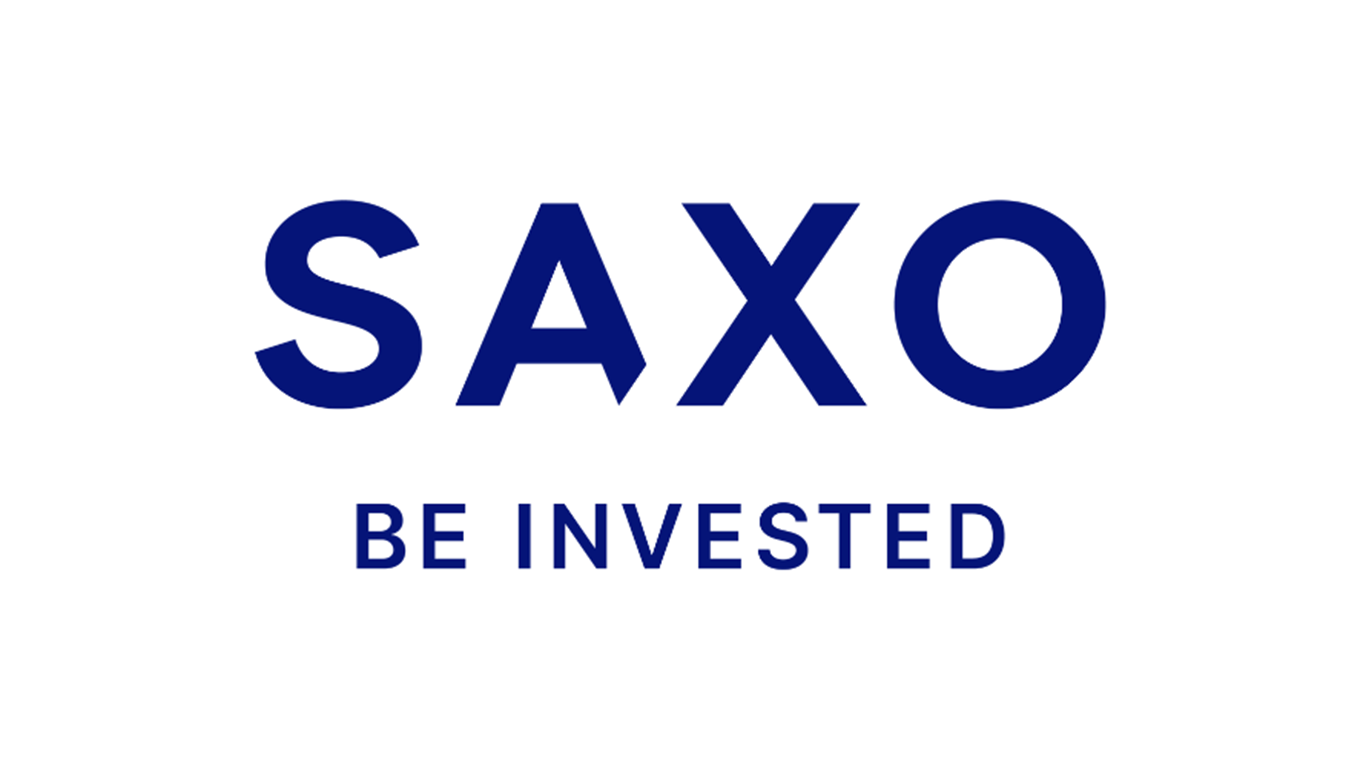
Saxo, the leading fintech specialist focused on multi-asset trading and investment today announces the appointment of Dan Squires as Country Head of Sales of its subsidiary, Saxo UK Limited, effective immediately.
Squires will be based in Saxo’s London office and report to Charles-White Thomson. The appointment follows the news that Saxo is now supporting over one million clients worldwide, and that total client assets globally have exceeded USD 100 billion.
Squires brings over 28 years of experience in sales and business development, having previously served as VP of sales at Imandra, and Head of Business Development, EMEA at Liquidnet. He also held a number of managing director positions at RBC, Citigroup and Merrill Lynch.
In his new appointment, Squires will bring his extensive leadership experience to build on Saxo’s innovative client offering. With a strong track record in sales and business development in his previous roles, Squires is a valuable addition to Saxo UK to further drive the organisation’s growth proposition in the UK market.
Charlie White-Thomson, CEO at Saxo UK, commented: “I am delighted to welcome Dan to the team. With his track record, we will further enhance the institutional grade service we provide to our VIP clients and continue to strengthen our commitment to the UK market, as we deliver on our ambitious growth plans and support our clients as they invest for the long-term.”
Dan Squires, Head of UK Sales commented: “I am thrilled to be joining the team at Saxo UK and have been very impressed by the ambition of the Saxo business. In a challenging macro environment, it is even more important for people to make their money work for them – and Saxo’s market leading platform enables clients to do just that. I look forward to working alongside an experienced and pioneering team to support the company’s growth within the UK market.”
Today’s announcement follows the recent appointments in the UK of James Donovan as Head of Preferred Broker, and Simon Camilleri as Chief Operating Officer and board member.
Related News
- 08:00 am
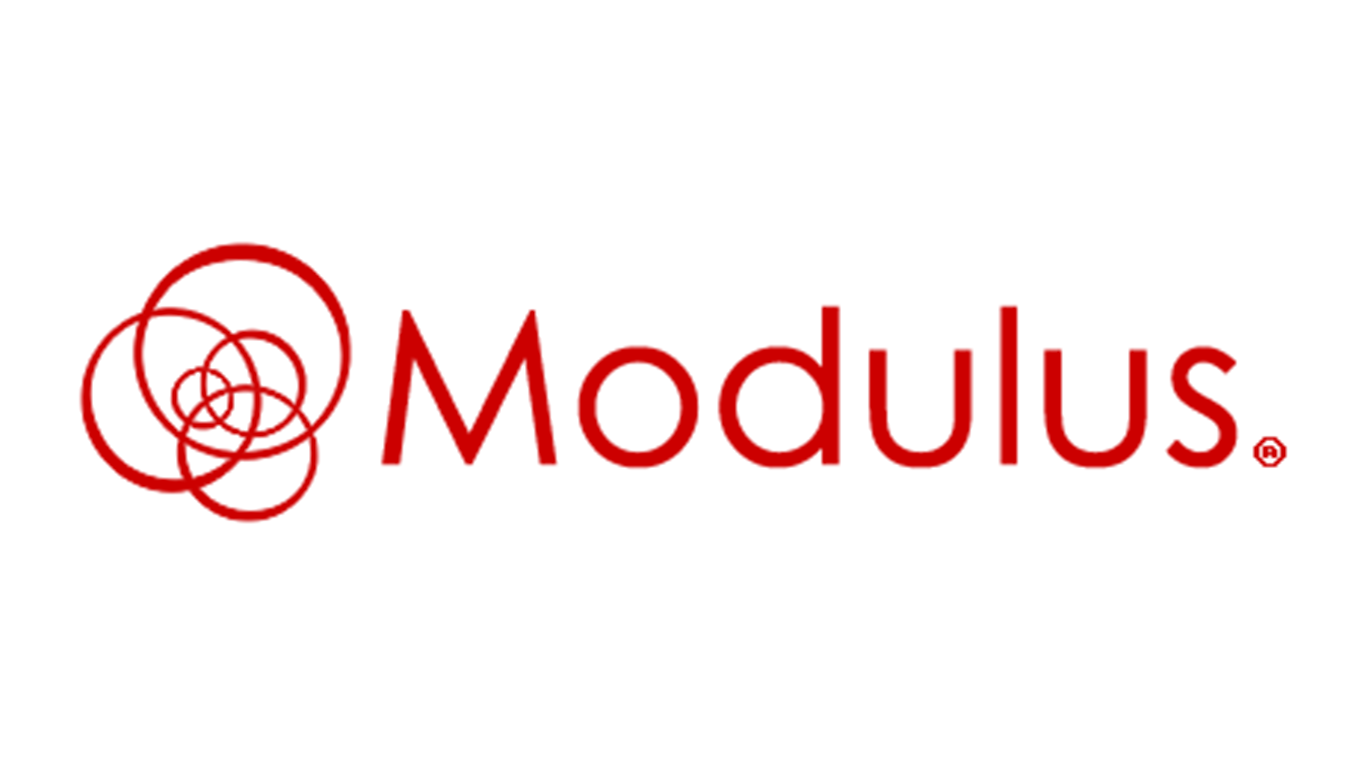
Today, Modulus, a US-based developer of ultra-high-performance trading and surveillance technology that powers global equities, derivatives, and digital asset exchanges, announced the launch of its crypto lending and borrowing technologies, which will be available to all clients of the company’s white label exchange solution by the end of the quarter. With this technology, exchanges will be able to offer traders an easy way to earn interest on their tokens by lending them to the exchange, which, in turn, lends the tokens to qualified borrowers.
“The implementation of these technologies into our solution will keep it on the cutting edge of exchange technology. We aim to give exchange operators all the tools they need to succeed. This creates yet another income stream available to them, and it will make them more competitive when soliciting trading clients,” said Modulus CEO Richard Gardner.
“In effect, this will allow exchanges to act almost like a bank for cryptocurrencies. Some traders will lend their tokens to the exchange in return for an interest payment, while other traders will come to the exchange for a loan,” explained Gardner.
“We’ve been working on this technology for the better part of the past year. When we launched it, we wanted our solution to be the most secure, technologically sound option on the market, and that’s what we believe we’ve created. Like all of our technologies, this latest upgrade is completely scalable. It will grow with you, regardless of how much traffic your exchange receives,” Gardner said.
“We don’t believe in getting clients to market quickly at the expense of long-term viability. That’s one of the biggest differentiators for Modulus. We don’t sell solutions that we know won’t be able to serve an exchange for the long-term, and we don’t offer substandard technology to make a quick sale. Our technology is built for the long haul, and we stand behind our products in an ongoing capacity. We believe that anything worth doing, is worth doing well --- and this update will outperform anything on the market today. The technology is complete and is in its final beta testing. Select clients will begin to receive invitations to implement the technology in the coming weeks. Before the end of the quarter, it will become a standard offering,” Gardner explained.
“For traders, this development is quite exciting because it offers them a secure method to access their funds without liquidating their assets. A streamlined borrowing process against one's crypto assets will help them immensely,” said Gardner.
Modulus has led the way on exchange innovation in the cryptocurrency industry for years. In 2018, the company launched a market surveillance and risk management solution, which targets abuse within cryptocurrency markets and helps exchange operators identify risks of money laundering.
“In some jurisdictions, this new technology will require regulatory approval, however, with Modulus, you’re never alone. We’ve been tracking compliance and regulatory requirements for the better part of the last decade, and we stand committed to helping you navigate through this process, ensuring compliance while maximizing the benefits of your digital assets,” said Gardner.
Related News
- 06:00 am
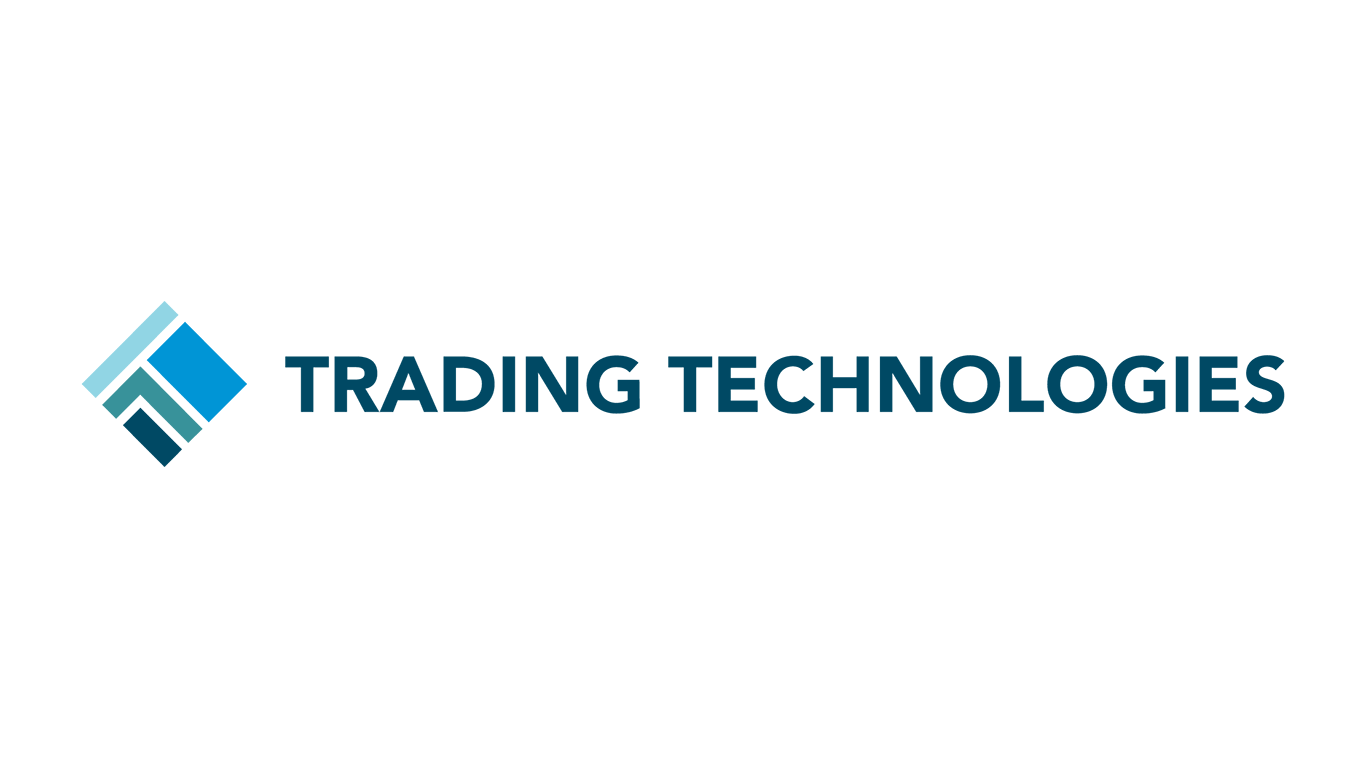
Trading Technologies International, Inc. (TT), a global capital markets technology platform provider, today won the 2023 Waters Rankings Award for Best Algorithmic Trading Provider. The Waters Rankings Awards, in which “best-in-class service providers” are determined by votes from thousands of sell-side and buy-side market participants, recognized the firm for its TT® Premium Order Types offering for algorithmic trading.
TT CEO Keith Todd said: “We are truly honoured to win this award and see that our algo offering is embraced by the trading community, which is best positioned to judge the usefulness of our sophisticated tools and quality of service. Our TT execution algos are designed by traders for traders, giving market participants the ability to place their focus on what they want to trade and on balancing their position, and letting the algorithms address and interact with the microstructure of the markets while reducing slippage.”
Victor Anderson, Global Content Director, WatersTechnology, said: “Congratulations to Trading Technologies on winning the best algorithmic trading provider category in this year’s Waters Rankings, based on votes from WatersTechnology’s readers. The firm’s acquisition of RCM-X last year has played an instrumental role in the success of its algo execution suite, which is gaining momentum globally.”
The TT execution algos use a proprietary C++ stack technology that allows seamless integration with global markets directly from the TT platform. The algorithms are dynamically optimized based on market conditions. Clients can leverage best-of-breed synthetic TT Premium Order Types for ultra-low latency trading of futures, options, equities, fixed income, foreign exchange (FX) and more.
The TT platform offers a full range of algorithmic and automated trading solutions, including pre-configured order types, support for broker and third-party algos, tools for building and backtesting custom strategies, the industry-leading Autospreader® spread execution tool and colocated order execution. TT also provides access to dozens of global markets and venues for cross-asset trading of trading futures, options, fixed income, cryptocurrencies and more.
Presented by WatersTechnology, the Waters Rankings Awards annually celebrate and recognize the initiatives, innovation and achievements of the industry’s technology and data providers over the past 12 months.
The firm’s TT platform last month won the TradingTech Insight USA Award for Best Solution for Futures Trading and in December earned the honor of Derivatives Trading System of the Year at the FOW International Awards 2022.
Related News
- 03:00 am
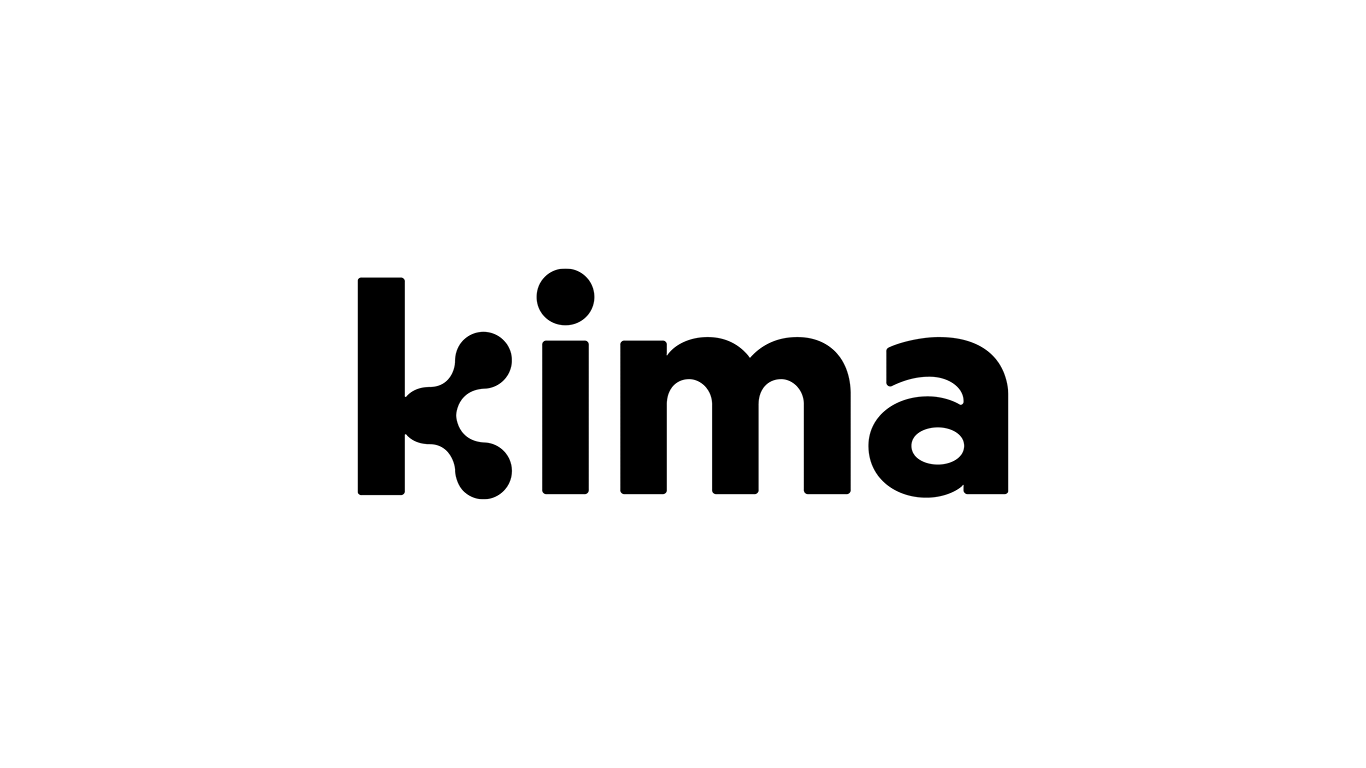
Kima, the asset-agnostic, peer-to-peer money transfer and payment protocol, launches its SDK to create a unified financial settlement layer. By building its protocol around direct money transfers via blockchain addresses and bank accounts, rather than smart contracts, Kima eliminates technical dependencies and vulnerabilities while welcoming blockchains and traditional financial institutions whose infrastructures are incompatible with smart contracts. The launch coincides with Kima joining FinSec Innovation Lab, a joint venture of Mastercard and Enel X to support projects advancing research and development in financial technology and cybersecurity.
Smart contracts work, but not for everything. While the technological primitive has alleviated many efficiency issues in the blockchain industry, its security gaps also account for more than $3.1 billion in stolen funds from hacks in 2022. Likewise, smart contracts pose few solutions to the stagnation in Web3 adoption, as they do not support easy cross-network transfers or transactions—including on the Bitcoin blockchain. Fundamental tasks, such as transferring money between friends, converting crypto to fiat, or purchasing digital assets, involve too many obstacles for the average person to meaningfully use blockchain on a regular basis.
Kima leverages $1.7 million in pre-seed funding to launch its SDK for dApp developers, institutional Web3 builders, Web 2.0 apps, and fintech companies—empowering traditional institutions to begin bridging crypto and fiat. Unlike other crypto bridges, such as centralized swaps, and onramp-offramp services, Kima’s Smart Transaction primitive is not bound to exchanges or specific networks, ensuring minimized trust assumptions while maximizing efficiency. Likewise, its independence from smart contracts eliminates their security and counterparty risks.
Kima makes common financial services such as money transfers, transactions, and escrow services between ecosystems—blockchains and bank accounts—as seamless as possible by using funds from anywhere. It does this by using key building blocks to bolster settlement security, which includes:
- External accounts: EOAs (externally owned accounts) are native blockchain accounts that act as pools. By leading with accounts, there is no need for smart contracts on every blockchain, which boosts security by eliminating common attack points.
- TSS and trusted execution environments: Transactions utilize TSS and Intel SGX technology to control key sharing between the blockchain validators without allowing direct access. This enables more people to run nodes without concerns about compromising keys.
- Efficient liquidity management: Kima’s Liquidity Management (LiMa) algorithm manages universal supply and demand across all ecosystems and maintains a system-wide equilibrium using financial incentives, ensuring a high service level and liquidity distribution among various pools.
- Opt-in compliance: To allow fiat support and compliant crypto transactions, Kima employs an opt-in compliance system on the protocol level, unlocking access to legacy features such as fiat payments, and tokenized assets such as stocks and bonds. The compliance layer performs all necessary checks, including AML and KYT verifications to maintain the regulatory standard of compliance.
Kima’s peer-to-peer payment and transfer protocol introduces a vast infrastructure that fosters inter-ecosystem financial activity without intermediaries or smart contracts. The foundation of its offering, Kima’s settlement layer is built to handle wide-ranging applications including cross-border transfers, eCommerce, borrowing and lending, gaming, NFT marketplaces, wallets, and decentralized exchanges.
As the newest addition to FinSec Innovation Lab, Kima now has the capabilities to conduct complex research in evolving financial systems. The agreement garners critical support from Mastercard and Enel X to expand Kima’s beta program with financial institutions, launch pilot projects, and develop progressive technology.
“Crypto and fiat cannot move forward as partners without addressing the number of complicated intermediaries needed to bridge them, due to their complex regulatory and technical landscapes,” says Eitan Katz, CEO of Kima. “Simply put, our protocol aims to use the blockchain for what it does best: removing intermediaries. This is what will break the silos that impede progress and create unprecedented levels of efficiency and security. Launching our SDK indicates a step toward making cross-ecosystem financial interaction as seamless, secure, and transparent as possible, to make it as ubiquitous as PayPal or Apple Pay.”
Sidney Gottesman, CEO of FinSec Innovation Lab: “We are thrilled to welcome Eitan Katz and Kima to our lab and we look forward to our joint journey. Digital Assets is one of our focus areas and made Kima a natural fit for the lab.“
The FinSec Innovation Lab helps startups accelerate their journey to success by working on both commercial and technology areas. On the commercial side, FinSec provides access to our shareholder’s global subject matter experts and a wide network of alliance partners in government, financial institutions, technology, and venture capital. We support our startups in their process to get a government grant. On the technology side, FinSec provides access to infrastructure, solution architecture, and completion of a PoC. Each project is specifically tailor made to the startup’s needs.
Related News
- 04:00 am
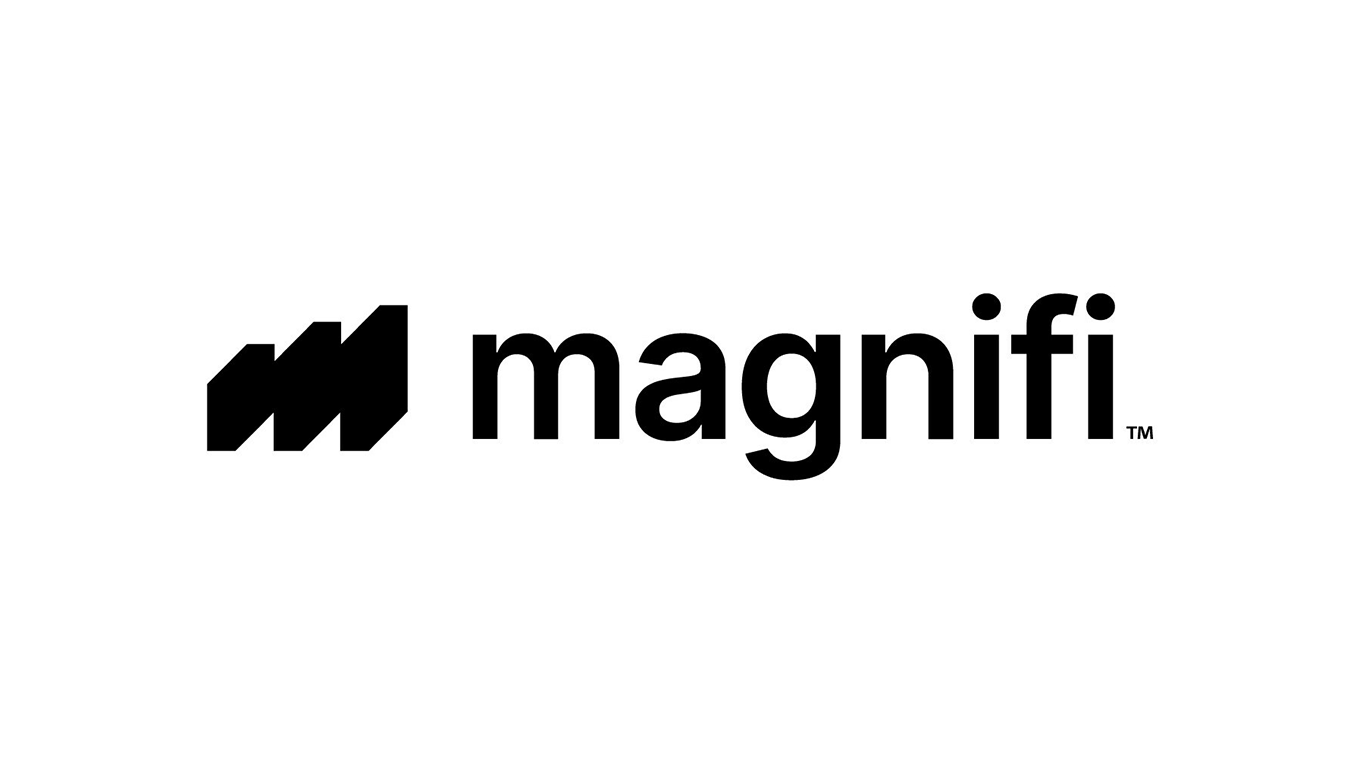
Magnifi, the AI-powered co-pilot for sensible investors from TIFIN, has launched a new feature that allows it's over 20,000 subscribers now get AI help to not only manage investments held within their Magnifi brokerage accounts but now also from assets held in external accounts. This allows Magnifi's AI investing assistant to provide better advice and a more complete picture of an individual's finances to guide them across all their goals and assets.
“When we started Magnifi, we knew we needed to build technology with enough flexibility to help everyone invest — early and established investors alike,” says Magnifi Chief Product Officer, Tom Van Horn. “With this new account linking feature, we’ve opened up a whole new world for our customers that lets them put Magnifi’s powerful AI to work for ALL their investments.”
Magnifi members can link existing brokerages to their AI assistant, including all the major players — from Robinhood, TD Ameritrade, and E*Trade to Fidelity, Charles Schwab, Acorns and more. Subscribers gain immediate access to linking brokerages from the moment they create their accounts, providing instant value and even greater long-term potential. The co-pilot leverages this wealth of information to address critical financial questions like never before: "Are my investments aligned with my financial goals?", "How much risk is there within my portfolio?", "Will recent news impact my savings positively or negatively?", and beyond. Magnifi now stands as the leading solution to help investors answer all these questions, managing their portfolios with unmatched speed, efficiency, and convenience, while creating exciting new investment opportunities.
“Our driving force of innovation has always been about having the biggest impact possible,” says TIFIN Founder and CEO Vinay Nair. “By enabling our customers to utilize our technology regardless of where they invest, we can help investors better understand what they own, uncover more opportunities to improve their investing, and have the personalized assistance they need to make informed decisions across the board.”
Amidst the current AI and ChatGPT frenzy, Magnifi's conversational AI marks a revolutionary application of this technology. Notably, it is the only SEC-regulated AI that provides assistance, education, and the ability to buy and sell securities. With the integration of this groundbreaking technology into other popular investing solutions, all investors now have an unprecedented opportunity to reap its benefits.
Related News
- 03:00 am
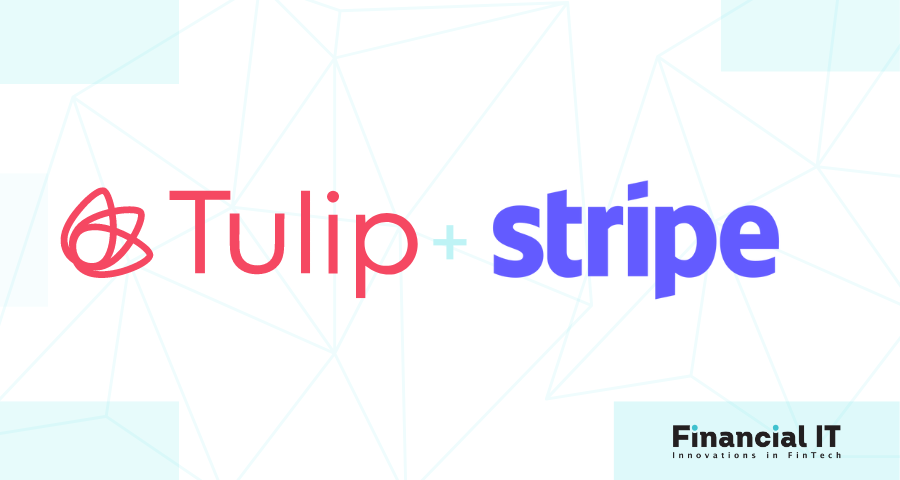
Tulip, a leading provider of cloud-based retail solutions, and Stripe, a financial infrastructure platform for businesses, have joined in a strategic partnership that brings together Tulip’s expertise in retail POS solutions and Stripe’s cutting-edge payment technology, offering a new era of enhanced and frictionless payment experiences for retailers and, most importantly, their customers.
“We are thrilled to partner with Tulip, a visionary leader in the retail industry, to transform the retail payments landscape,” said John Affaki, Terminal business lead at Stripe. “Together, we are empowering retailers to thrive in an increasingly digital and interconnected world.”
With this integration, Tulip and its customers gain access to Stripe’s enterprise-grade payment infrastructure, including extensive support for various payment methods, including Buy Now Pay Later and Payment Links. Stripe allows modern retailers to accept in-person payments with flexible developer tools, pre-certified card readers, and cloud-based hardware management. These features enhance the payment experience by ensuring a frictionless and secure transaction process for Tulip clients and their luxury fashion, accessories, and other retail customers.
The frictionless onboarding and integration experience ensures that retailers can quickly and effortlessly integrate the Tulip and Stripe systems into their operations, enabling them to leverage the benefits of this collaboration efficiently. This partnership further reinforces Tulip’s position as a leader in providing comprehensive retail solutions that enhance the customer experience and drive business growth.
“We are delighted to embark on this transformative journey with Stripe,” said Roberto Grandillo, EVP, Product Management at Tulip. “The integration of Stripe into our next-gen POS system marks a significant milestone in revolutionizing the retail payments landscape. With Stripe seamlessly integrated, we are empowering retailers to provide an even more frictionless and fully integrated omnichannel experience for their customers.”
Related News
- 04:00 am
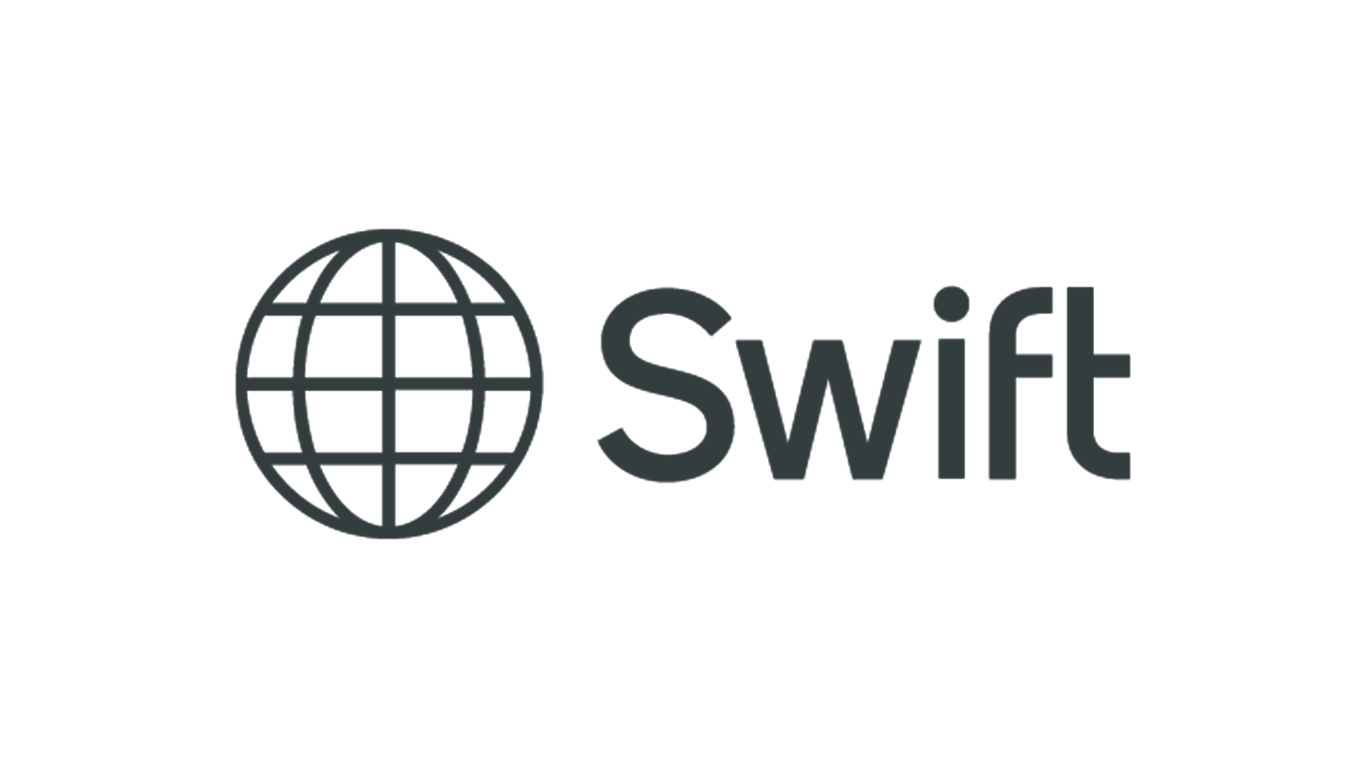
Swift published the results of a global survey of 7,000 consumers and small businesses on attitudes to low-value cross-border payments, finding that security and transparency are the most important factors when sending money internationally.
Security was named as the key driver in the selection of a payments provider by both consumers and SMEs, closely followed by trust (for consumers) and transparency of fees (for SMEs). Transparency was deemed very important to both groups and around 70% of consumers and SMEs said they would not use a payment provider again if they experienced hidden fees. In fact, hidden fees evoked a stronger reaction among both groups than a payment not arriving at all.
Swift’s research found that customers overwhelmingly look to banks first when making an international payment – confirmed by 87% of SMEs and 81% of consumers – but also reinforced how competitive the market has become. Three-quarters of those surveyed said they would consider using a different provider if they matched the offer they get from a bank, fintech or other provider today.
While customers value speed, it is not at the expense of security and transparency. The study found that 79% of consumers and 76% of SMEs expect an international payment to be completed within one hour or less. Only 24% of consumers and 15% of SMEs expect payments to be instant but expectations for speed are likely to increase as more domestic market infrastructures move to instant payments.
Thierry Chilosi, Chief Strategy Officer at Swift, said: “Whether it’s someone sending money to family abroad or a small business trading with a partner in another country, low-value cross-border payments have very real, everyday implications for people around the world. Our research confirms there is a real opportunity for financial institutions to offer compelling solutions that combine simple and transparent digital front-end experiences with secure, reliable, and fast back-end processing. This is exactly why we developed Swift Go with our community to facilitate fast and predictable low-value international payments, and we will keep innovating in this space to ensure payments of all sizes can flow across the globe without friction.”
Swift Go was launched in 2021 to enable financial institutions to offer consumers and small businesses a fast, predictable and competitively priced cross-border payments solution, all based on the highest levels of security that comes with Swift’s network. More than 630 banks across 130 countries have already signed up for the service. It’s part of Swift’s broader strategy to drive instant, frictionless cross-border transactions aligned with goals set by the G20 to enhance speed, transparency, cost and access for international payments.
Swift’s study also found notable variations in responses from customers in different countries. Consumers in Saudi Arabia and Australia are more concerned with the impact of FX conversion when making international payments than those in other nations, while SMEs in Germany place particular importance on the integration of payment processes into other tools, such as accounting software.
The full report is available on the Swift website here.
Related News
- 02:00 am
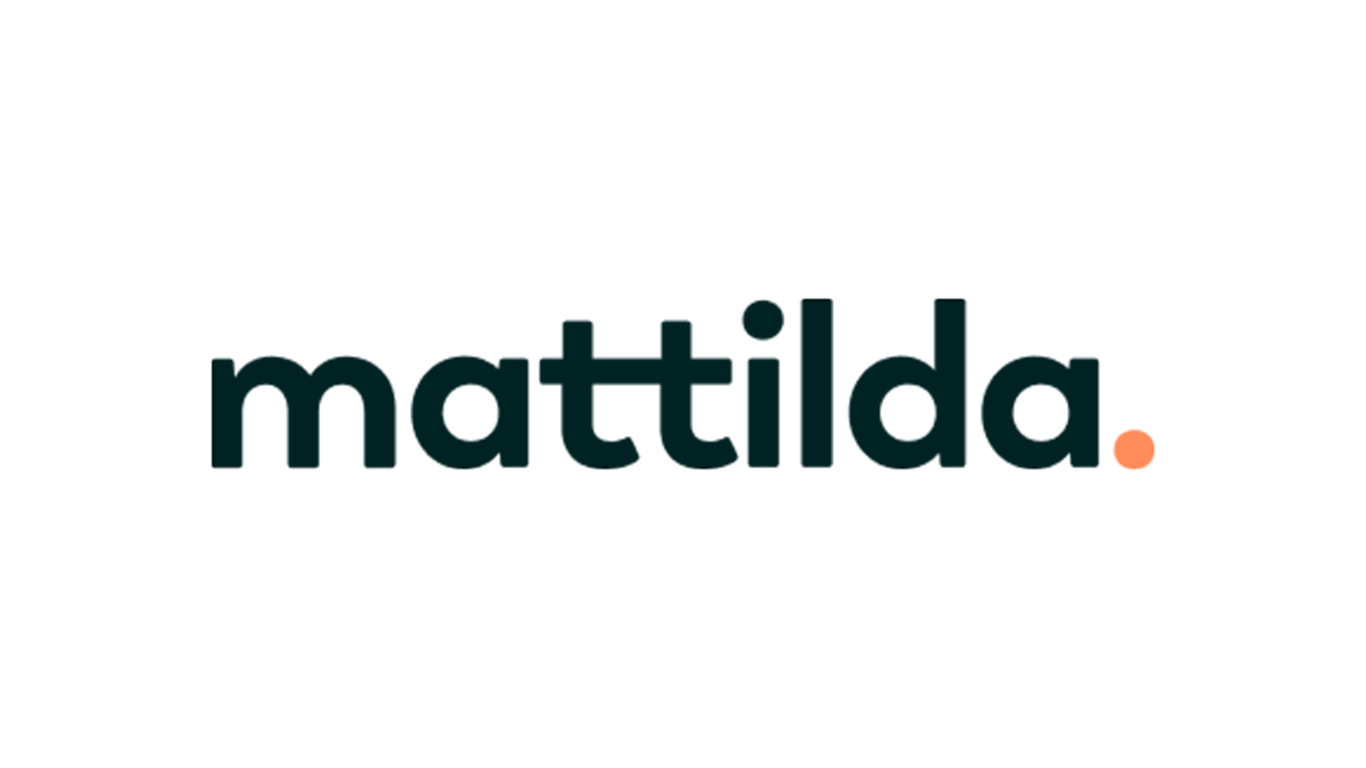
Nine months after announcing its seed round, mattilda, a Mexico City–based company providing collections management and payment processing for private schools, is back with a $19 million Series A investment.
In the follow-on round, GSV Ventures is leading the new capital infusion this time and is joined by FinTech Collective, which led the seed, and Dila Capital. The company has now raised a total of $39 million.
Founders José Agote, Jesus Lanza, Juan Pablo Bravo, Adrián Garza and Ileana Gómez started mattilda in 2022 after previously working together at Lottus Education. They designed the company to be an end-to-end collections management platform for schools and to provide a variety of payment options, from WhatsApp links to bank transfers to cash, for parents who often pay monthly.
In addition, mattilda helps schools better predict their monthly cash flow and has a loan program where schools can apply for credits equivalent to three to 12 months of revenue so that schools can grow faster.
Last October, CEO Agote told me that mattilda was approaching 14,000 students that it was collecting payments for. Today, that has grown to 35,000 students. During that same period of time, the company added 10 new employees to bring headcount to 60.
Also, the company formed an exclusive commercial alliance with Santillana, which Agote described as the region’s largest academic content platform servicing over 2 million students in Spanish-speaking Latin America.
“It serves two purposes: It is a huge pipeline that we get access to, in an exclusive way,” Agote said. “It’s also a huge rubber stamp for the industry. We have been able to grow and prove that we have a robust service and platform.”
Agote declined to go into specifics about revenue growth, but said revenue was “growing proportionately,” more than doubling the number of students mattilda is collecting for.
Meanwhile, Agote says there are 5 million students, just in Mexico, “so there’s still a long way to go.”
The new capital will help it do that, and his plans include expanding in that primary market as well as across Latin America. He has a list of countries where the company would fit best — teasing out Colombia as a possible first venue. Also, mattilda is working on some new services and products that will be announced later this year.
“We’re very bullish about the international expansion,” Agote said. “And, the capital allows us to slow down growth and be very selective with which schools we onboard.”
Related News
- 04:00 am

“NICE Actimize’s holistic approach to surveillance breaks down barriers between data silos at ING Deutschland, thereby providing a deeper analysis and true risk detection,” said Chris Wooten, Executive Vice President, NICE. “As a long-standing provider to ING Deutschland, we’re committed to continuing to offer market-leading financial crime technology combined with our best-in-class cloud services team, with the mission of protecting ING Deutschland as well as its customers.”









